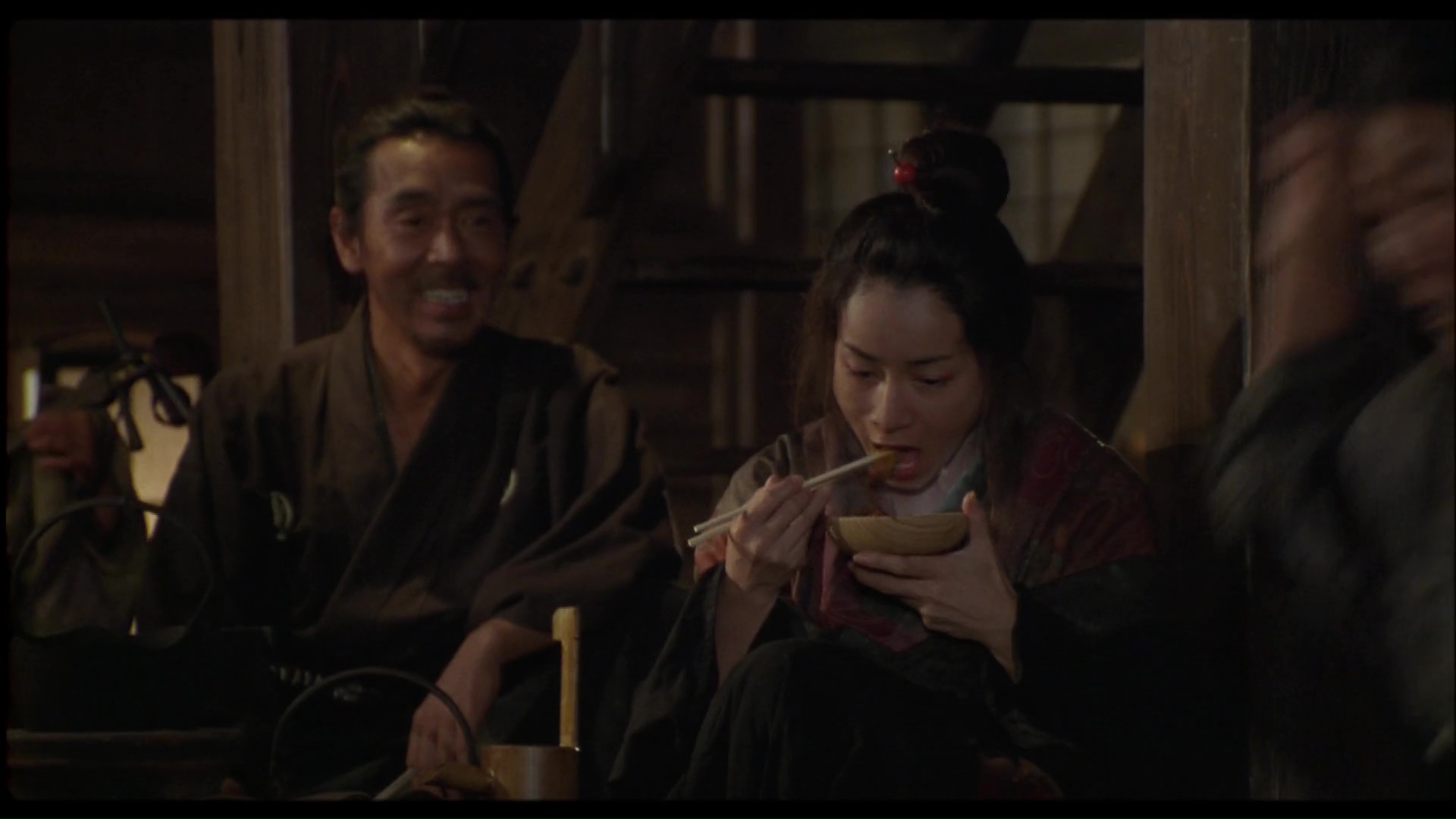When the rain stops, the world reveals who we truly are
Ame Agaru (2025) is a poetic and quietly powerful reimagining of the 1999 samurai drama originally based on a script by Akira Kurosawa. Set during Japan’s Edo period yet told with a modern cinematic sensibility, this reboot gracefully captures the timeless struggle between survival and honor. As the rain ceases and the clouds lift, we are invited into a story where swordsmanship is not about glory—but about restraint, dignity, and inner peace.
In this new version, we follow the humble ronin Ihei Misawa, portrayed with quiet magnetism by Hiroshi Abe. After being stranded with his wife at a provincial inn due to torrential rains, Misawa's kind-hearted nature and unmatched skill with the blade attract the attention of the local lord. Offered a chance to serve once again, Misawa must navigate a moral landscape where the measure of a samurai is no longer how he fights—but why.

Director Naomi Kawase brings a meditative rhythm to the film, allowing nature to become both setting and symbol. Every rustling leaf, distant thunderclap, and reflection in a puddle feels deliberate. Dialogue is sparse but weighted. This isn’t a film driven by action—it’s driven by character, by silence, and by the choices made in stillness. The rain, a central motif, becomes a metaphor for uncertainty, sorrow, and purification. When it finally stops, it signals change—not triumph.
The relationship between Misawa and his wife Tayo (played by Yu Aoi) anchors the emotional core of the film. Their love is unspoken, resilient, and deeply human. In a genre often dominated by lone swordsmen, Ame Agaru (2025) dares to show a samurai defined not by death, but by devotion—to his principles, and to his partner. It’s in these quiet moments—serving tea, walking through mud, offering coins to peasants—that the film speaks loudest.
Though there are fight scenes, they are brief, brutal, and stripped of glory. Blood doesn’t fly in arcs—it seeps into the soil. The camera lingers not on the blade’s edge, but on the face of the man holding it. In this way, the film challenges modern expectations of samurai cinema. It doesn’t romanticize the past—it reflects on it, with melancholy and grace.

Ame Agaru (2025) is not a film for those seeking spectacle. It is a rain-soaked meditation on humanity, dignity, and quiet strength. Like the clearing sky after a storm, it leaves behind a stillness that lingers long after the credits roll.



